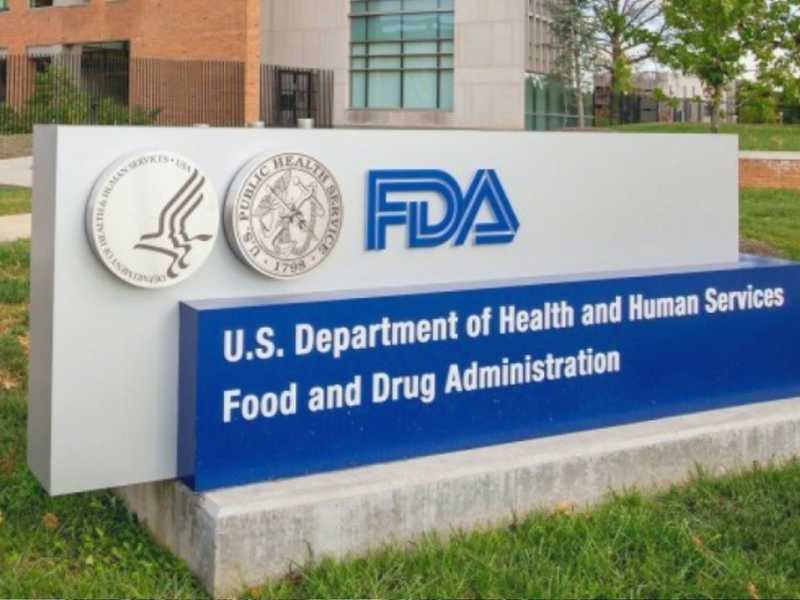FDA Sends a Warning Shot
The United States Food & Drug Administration recently handed out warning letters to fourteen companies that produce sixteen different products that falsely claim to treat, diagnose, or prevent cancer. The products were evaluated and determined to not achieve the things they claimed. None of the over the counter products had received FDA confirmation of their cancer-fighting potential before advertising to consumers. The companies must pull the products or change how they are advertised so they do not reflect the false claims that originally got them in trouble. If these companies do not respond, it could result in a seizure of products or even criminal prosecutions.
FOLLOW US ON FACEBOOK & INSTAGRAM
The fourteen companies who were issued letters are AIE Pharmaceuticals, Inc.; Amazing Sour Sop Inc.; BioStar Technology International LLC; Caudill Seed & Warehouse Inc.; DoctorVicks.com; Everything Herbs; Hawk Dok Natural Salve LLC; Healing Within Products & Services Inc.; LifeVantage Corp.; Nature's Treasure Inc.; Oxygen Health Systems LLC; Sunstone Inc.; The Vibrant Health Store LLC dba Dr. Christopher's Herbs; and The Vitamin C Foundation, many of which who have already responded to the letters by the FDA in different capacities. The companies distributed a variety of products including pills, ointments, drops, oils, teas, and syrups, many of which are sold online, particularly through social media.
False Claims?
The recent letters by the FDA against these companies has gained a large amount of media attention, particularly because the products are claimed to treat such a serious condition. Many of these companies, who strongly relied on online profiles where people did not thoroughly check and research the claims, used a variety of tricks to make it appear that their products achieved what they claimed, though their claims are unfounded by the FDA.
The FDA stated on their online blog that, “Often a single product was promoted as a treatment or cure for multiple diseases in humans and animals. Hoping to skirt the law on a technicality, some sellers made false claims and then in small print provided a disclaimer that their products are not intended to diagnose, treat, cure or prevent any disease.”
RELATED: MARIJUANA TAKES ON BIG PHARMA
Buyer Beware
This opens the gate to a larger issue of how consumers need to be wary of products that are unproven and that research needs to be conducted on products outside of the purview of traditional medication. Sadly, these products target people who are, or know of someone, who are ill and in need of hope. Douglas W Stearn, the director of the Food and Drug Administration’s Office of Enforcement and Import Operations said, "Consumers should not use these or similar unproven products because they may be unsafe and could prevent a person from seeking an appropriate and potentially life-saving cancer diagnosis or treatment…We encourage people to remain vigilant whether online or in a store, and avoid purchasing products marketed to treat cancer without any proof they will work. Patients should consult a health care professional about proper prevention, diagnosis and treatment of cancer.”
Some Similarities with Cannabis
There are some similar claims in the world of cannabis, particularly in relation to cancer. The ability of cannabis to help with many conditions is widely documented, but cancer enters and interesting grey area between anecdotal evidence and preclinical testing. Rick Simpson Oil (RSO) is a product that almost everyone has heard of if they have looked for cannabis as a cure for cancer.
Created by Rick Simpson, who was said to have used high quality cannabis oil to cure his own metastatic skin cancer in 2003, has become a major advocate for the use of cannabis in cancer treatment. He recommends a 90 day protocol using cannabis oil, that can be made on your own, which involves the use of 60g of oil. His protocol has caught the eyes of many people, and though it may be extremely beneficial, it has never been formally tested. Many companies also claim to sell Rick Simpson Oil even though it is not necessarily the same product.
Cannabis May be Beneficial
The National Cancer Institute lists a variety of studies that show that cannabis may be very beneficial for people with cancer. A 1996 study published in the Journal of Biological Chemistry showed that cannabinoids could help decrease the viability of the growth of certain types of tumors. The benefits of cannabinoids in the study included cell death, the blocking of cell growth, and the preventing of blood vessel development in tumors.
Another study published in FASEB from 2003 showed that CBD could make chemotherapy more effective. This is due to CBD’s ability to help increase the death of cancer cells, but help protect noncancerous cells. All of the studies, though preclinical, do show great promise for cannabis as a component of cancer treatment.
Proven Symptom Relief
We do know for sure that cannabis is extremely effective at helping with a variety of symptoms associated with cancer and chemotherapy. Cannabis can aid with pain, appetite loss, and nausea, all which are a part of life with cancer. Cannabis may be the key to aiding in effective cancer treatment, but before there are clinical trials we can not be completely certain about its potential. It is important to research all products that you are considering taking and consult a trusted and knowledgable physician who can help you navigate the numerous products available. It is important to not just listen to claims, but look into the information behind products.
If you are new to cannabis and want to learn more, take a look at our Cannabis 101 post. HelloMD can help you get your medical marijuana recommendation; it's 100% online, private and efficient.
